- Inicio/
- Editoriales/
- María Estrada
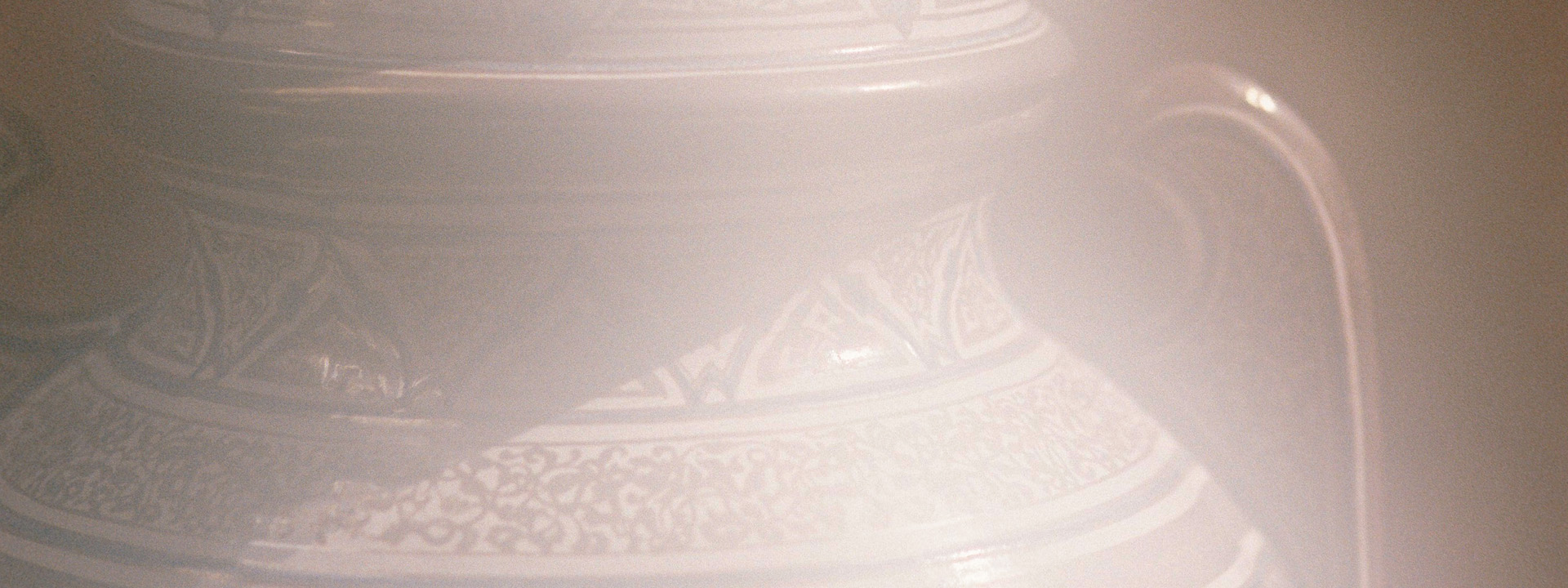
From another point of view
María Estrada
María Estrada
Founder of Casa Maricruz
@casamaricruz
María Estrada is the founder and brains behind Casa Maricruz, a project created to recover and highlight the importance of traditional Spanish crafts. Granadan pottery, Camariñas lace, Majorcan ikat tableware and Galician chestnut chopping boards are just some of the items you will find at Casa Maricruz.
We were lucky to meet María a few weeks ago in Granada, a city she frequents to visit the artisans she works with who specialise in Granadan pottery (pieces that can be found in any decent lounge or dining room). Her smile charmed us from the get-go and her passion for her project fascinated us and made us want to discover more about the world of crafts, tradition and culture.
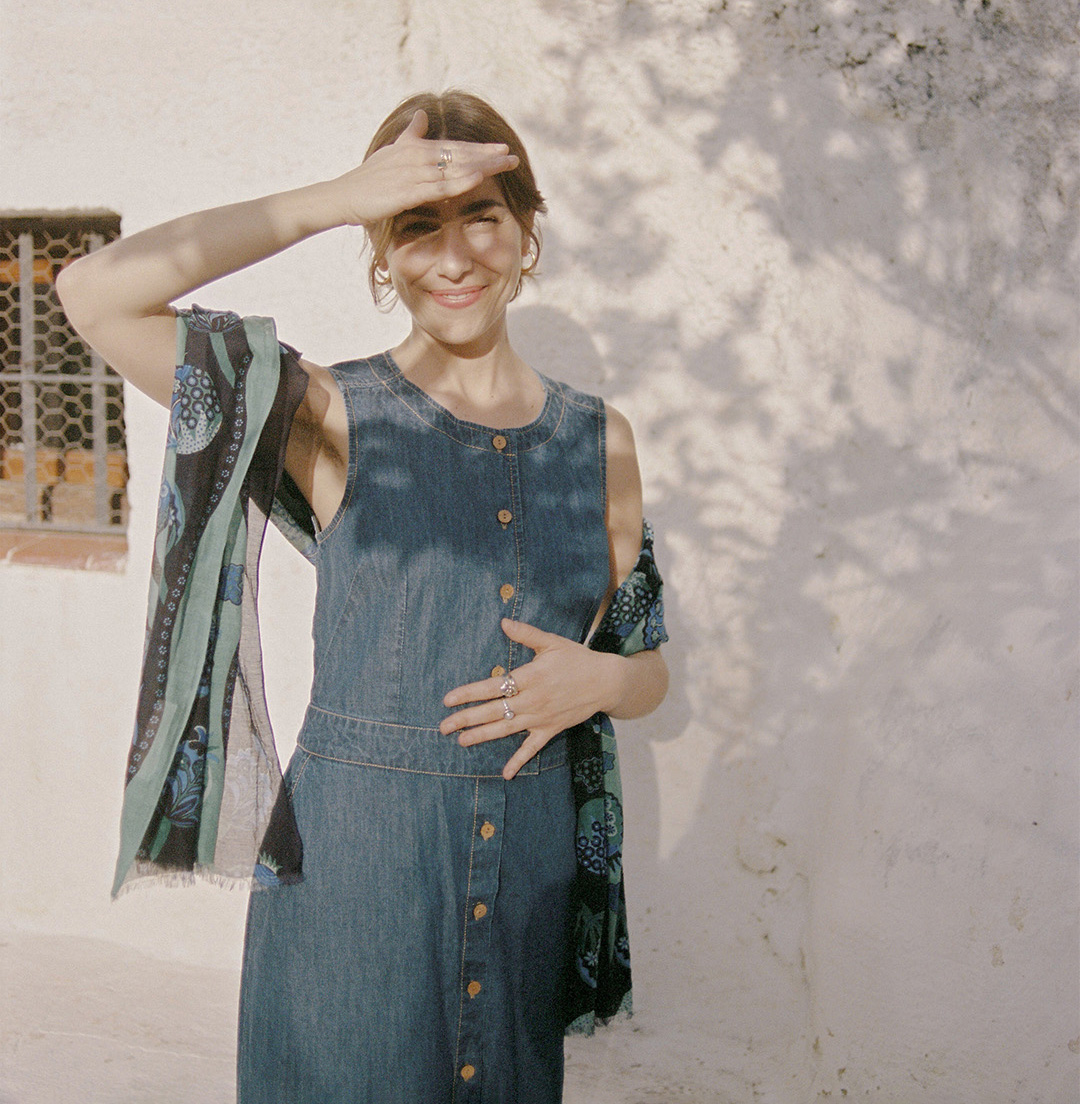

NT — First things first, how did Casa Maricruz come about? Where does the name come from?
María — The name Casa Maricruz comes from a copla song that Estrella Castro made popular called ¡Ay, Maricruz! We chose this name because the genre copla, just like popular crafts, has been underrated and considered a secondary subgenre for years. Pure flamenco and pop have always given copla the side-eye, which interestingly, was the female genre par excellence. Moreover, copla has always been a cutting-edge, somewhat rebellious genre. For example, during Franco’s dictatorship, it cunningly avoided being censored, even though the lyrics spoke of women’s empowerment during a period of extreme puritanism. That’s why we chose ¡Ay, Maricruz! because this copla song perfectly represented the brand’s main goals, which are none other than to redefine traditional Spanish crafts from a new, fresher and more disruptive perspective. Plus, thanks to Penélope Cruz, people outside of Spain know how to pronounce our name properly! ;)
NT — We know that you lived in the United States for a while. How did it influence your work?
María — My time in the United States was essential to my work, as there’s nothing like missing something. When you miss something, you start appreciating what you’ve got. When I was in the States I began to obsess over Spanish culture and traditions, and I guess I started looking at Spain through a foreigner’s eyes. I was suddenly struck by our cultural roots, and looking at it from such a “new” country as the States, it just blows my mind to think that Spanish pottery, for example, was a technique handed down to us by the Moors in the Middle Ages. We have a lot to learn from ancestral wisdom, and there’s nothing more sustainable than something that can withstand time.
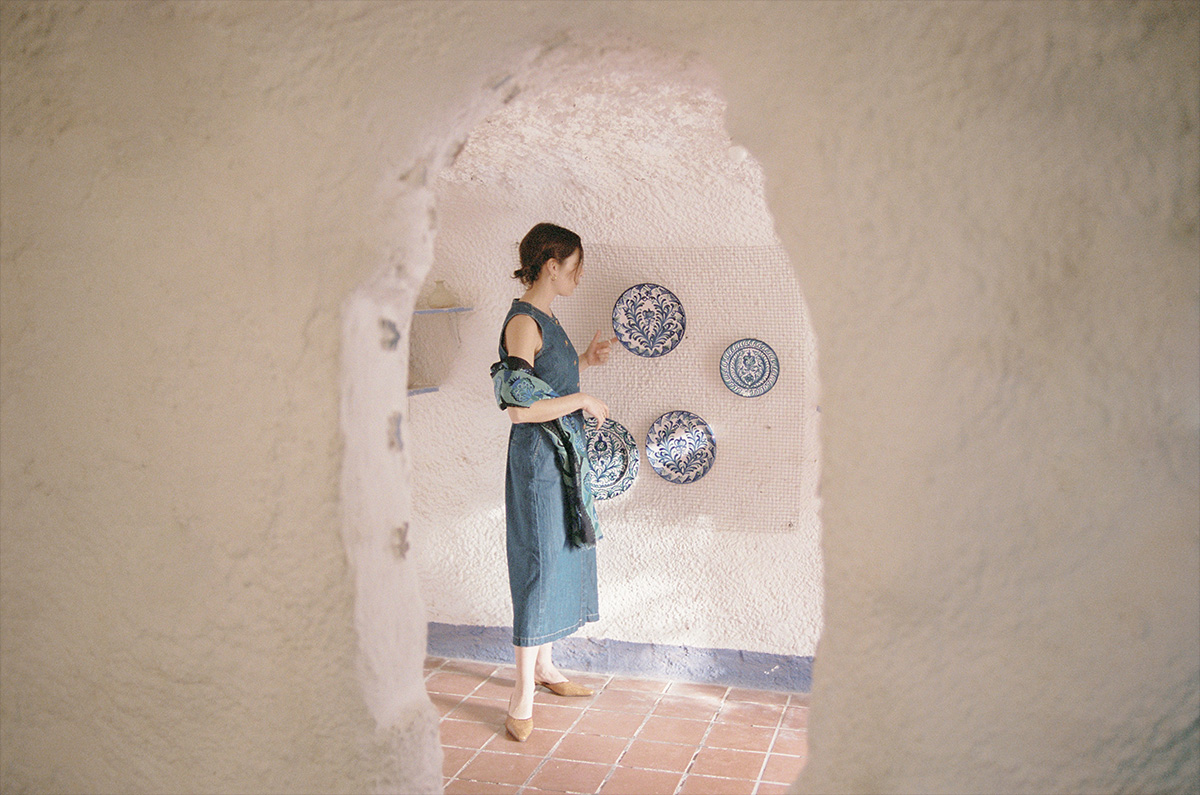
NT — What kind of craft would you like to include in your project that you have not yet done or achieved?
María — Oh my, there are so many!!!!! I would really love to work with embroiderers from Lagartera. I was also looking forward to doing stuff with Puente del Arzobispo, and that is already in the pipeline (we’ll be able to reveal more soon). Practically every province in Spain has its own special craft and my goal is to get them all together under the Maricruz brand one day.
NT — In your project you speak of Spanish heritage. How would you define it and what would you say is its essence?
María — The cultural legacy that has made it this far is in danger of extinction. Globalisation and extreme capitalism are destroying everything and age-old traditions and techniques are struggling to survive. As a society, we must preserve this legacy – this cultural heritage – because when traditional crafts die, all the associated values die with them. We’re living in a wild time; values like patience, love for the craft, meticulousness, and attention to detail are more vital than ever. Let’s not forget sustainability, which is so intrinsic to craftsmanship, using the earth’s resources to create pieces with the sole aim of lasting.
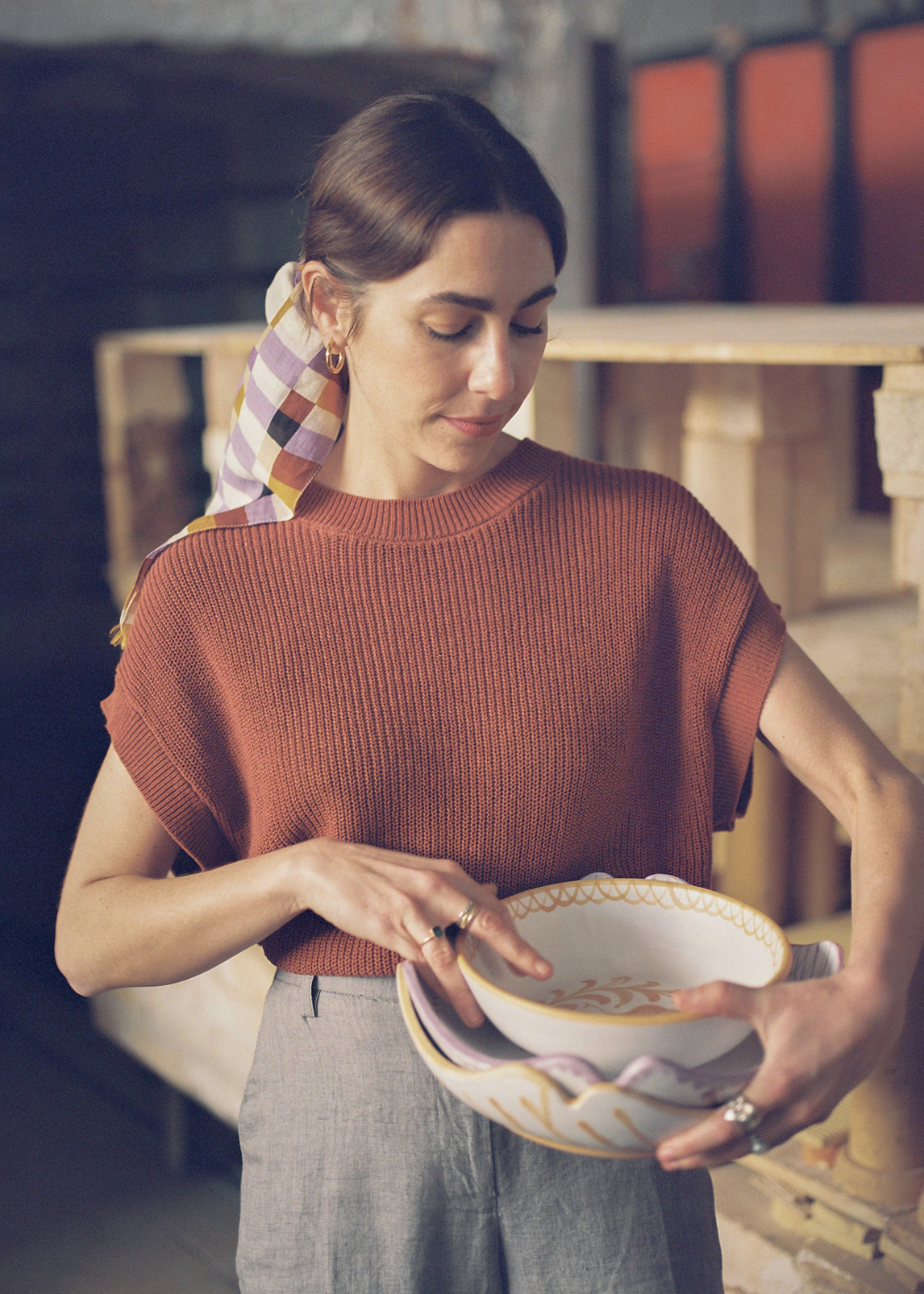
"As a society, we must preserve this legacy – this cultural heritage – because when traditional crafts die, all the associated values die with them."
NT — How do you see the future for Casa Maricruz? Do you have any projects for the brand you’d like to tell us about?
María — I see a beautiful future. Working non-stop, but beautiful. The last three years the brand has been alive have shown us that there is room for projects like ours. Many people want to support transformational projects and move away from frenetic consumerism that does not help the planet, communities or themselves. As for projects, we’ve currently got our sights on the United States and Asia. We aim to take our traditional crafts around the world, and we have short-term projects in Asia and North America that we’re very excited about.
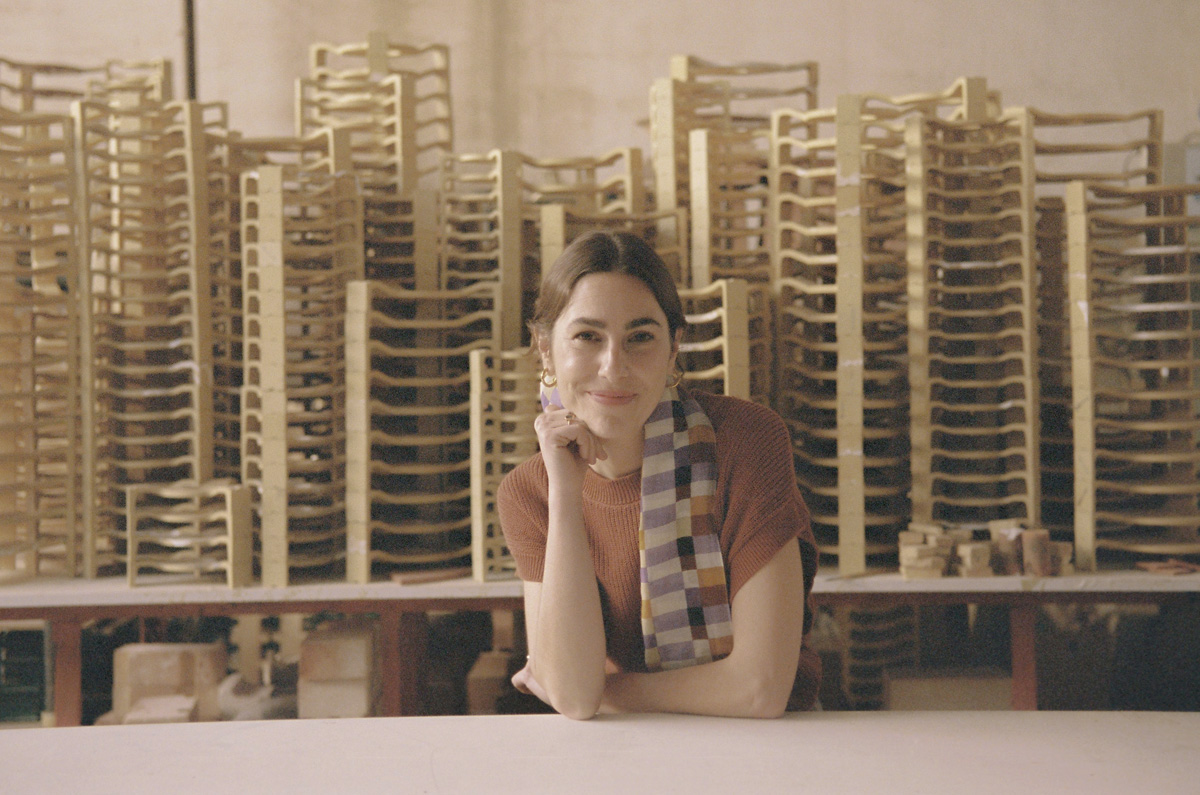
NT — All your pieces are handmade. How do you defend the value of this type of process in such a fast-paced world?
María — From the moment we created the brand, it was clear to us that our craftspeople would set the turnaround times, not the ogre we call the market, which invents collections every few days and says we can’t wear the same outfit twice or have the same bookcase for more than two years. At Casa Maricruz, we create objects that last, that are part of your life, that you can pass on to your children and your children’s children. That’s why we only have one permanent collection, to which we add new objects. Casa Maricruz’s pieces are not winter or summer pieces, they’re timeless and don’t follow trends. They’re the same pieces that our ancestors had adapted to use and enjoy today.
"Casa Maricruz’s pieces are not winter or summer pieces, they’re timeless and don’t follow trends."

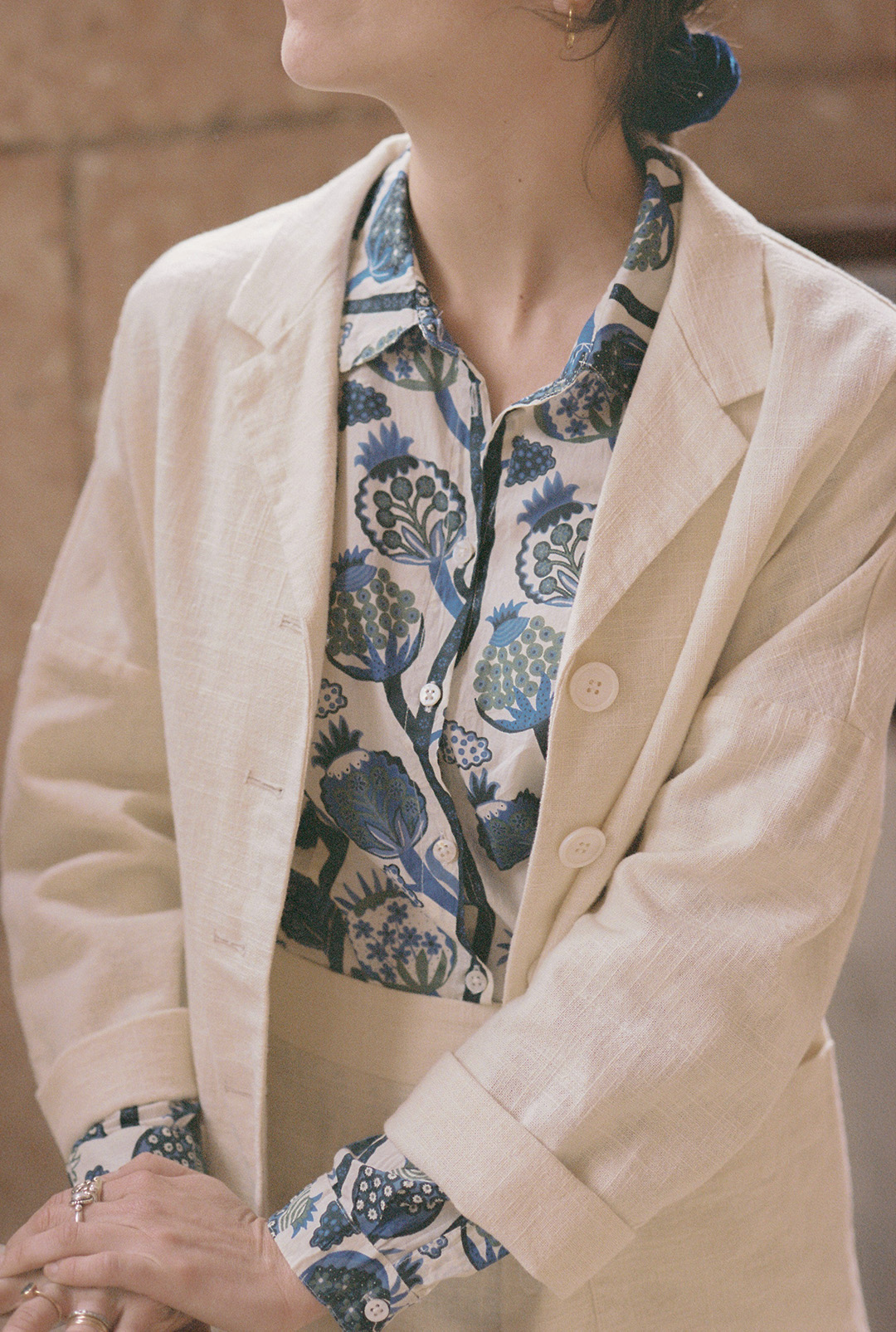
NT — The classics: a place, a film, a book.
NT — A place..
María — Cadiz – the most beautiful city in Spain. It’s the perfect balance between the illustrious and the ordinary, the elegant and the decadent...
NT — A film.
María — I loved Perfect Days by Wim Wenders. The main character cleans toilets with the same dedication that our craftspeople make bobbin lace or blow glass. It’s an ode to the little things and happiness as a choice.
NT — A book.
María — In Praise of Shadows. A friend lent it to me and I must admit I’ve never brought myself to give it back.
